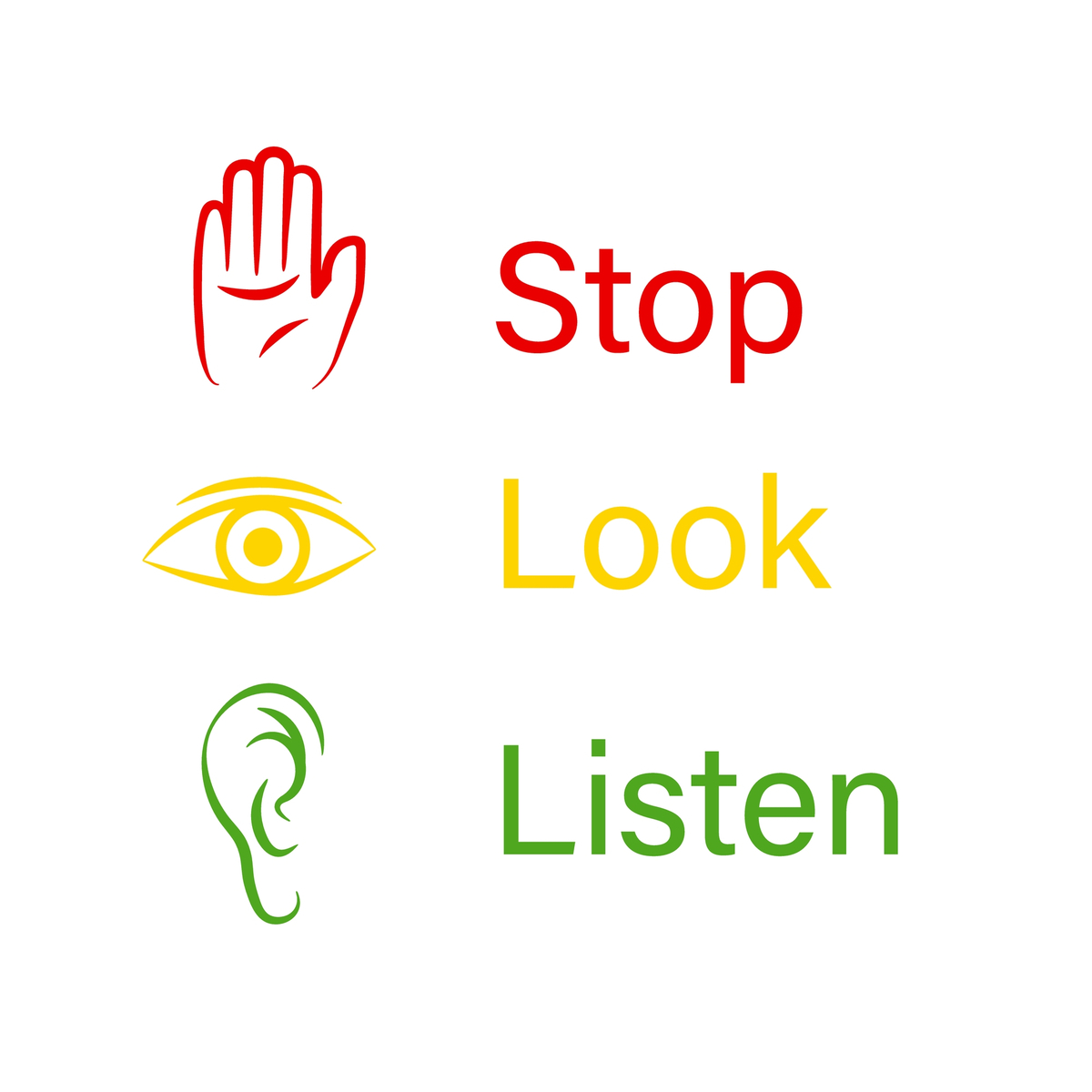
November 24, 2021
Signs your aging parent needs help
It is that time of year. We go to visit our parents and/or other family members for more than three hours. Maybe you haven’t seen them for a few months or since last year. Sure, everyone is on their best behavior, for a while. “For a while,” is the key. Covering up and hiding things can be done for a few hours. The conversations are general. The house is clean (in the living room, dining room and probably kitchen). What about the rest of the house? What do the cars look like?
When you haven’t seen someone every week, you notice things that are amiss much better. Nothing major, but a lot of little things. I get it. Holidays, family dynamics, travel, cleaning, cooking, pressures at work, etc. It is stressful. Even if it is a good and loving family time, it is still stressful.
Look and Observe
This is also a good time to stealthily check things out and observe. This is not the time to be rapid fire questioning or even questioning at all. Just look, listen and observe. It is troubling when our loved ones begin to lose their independence due to a health condition or aging. It is a big stressor for us when we realize what is happening. No matter how hard it is to look for possible issues, it will be even harder to ignore them and get blindsided at the most inopportune time. You are looking for warning signs that your parent may need some kind of home care.
Physical heath changes
Have they lost weight?
Have there been any changes to their medications?
Are the taking their medications correctly?
Are they walking differently?
Are they hesitant to get up and walk?
Does it seem they are unsteady or have a fear of falling?
Do you notice any cuts or bruises on forearms or legs especially?
Behavior changes
Have they lost interest in things they used to enjoy?
Have sleep patterns changed? Napping more, less or sleeping more or less
Do they seem to be sad or angry? They may deny it, but how do they look?
Are they repeating the same stories?
Are they giving money to things or people that they have not done before?
Are they not bathing regularly?
Are they wearing the same clothes day after day?
Are they losing track of time?
Are they showing an increase in agitation?
Are you noticing verbally or physically abusive behaviors?
Environment
Is there a lot of unopened mail laying around?
Is there more clutter than you remember before?
Do you see spoiled food or past expiration date food in the refrigerator?
Are there any small things undone? Ex. Burnt out light bulbs, laundry overflowing, crumbs or grime on counter tops?
Are there any dings in the car? Scratches?
Is the yardwork being kept up?
Does the cookware have burn marks in it or on the outside?
The exterior of the house is not being maintained. Gutters, spigots, painting, etc.
Cognition, Memory or Judgement
Missing appointments?
Getting lost while walking or driving?
Trouble finding the right words?
Unable to complete sentences?
Unable to recall names of familiar people or objects?
Unless they are in immediate danger, do not make a fuss. Plan for a time to meet later and talk. When you meet, express your concerns and your observations, they will probably become defensive. Do not get personal. Re-state your observations and how all of you can work together for solutions. Maybe they need a check-up with their doctor? Maybe they are having issues or problems with their medications?
They may not lie, but they are not going to offer any information either
Your aging parents are not going to share things with you. They may not lie, but they are keeping secrets. Spouses will cover for each other. What one may no longer be able to do or handle the other one will step in and handle it.
High on the priority list will be an eyesight check-up and a hearing test. They may not be able to clean as well, because they cannot see as well. They may have fights or spats because they cannot hear each other and neither of them understands what is wrong with the other. Hearing also affects their balance.
Some secrets that they keep – They are falling sometimes
They are in pain
They are short on money
They may go on spending sprees
They may be drinking more
Someone is financially abusing them
Someone is physically or emotionally abusing them
NEVER Blame them
These conversations can be very awkward and they may deny that anything is happening to them. Tread lightly. You want them to trust you to help and not to blame them or hurt them further by how you act towards them. Ask them if you can talk about XYZ. Share an article with them about it happening to someone else and ask their opinion and insight. If they refuse to talk or share with you then you may want to find someone else that they will talk to. Their doctor, pastor, a friend of theirs, someone they will be comfortable talking with.
You may not get anywhere with them. They may stub up and say no to your help. You can’t make them; you can only try to help them. If they are of sound mind, they get to make the decisions, even if they are the wrong decisions.


